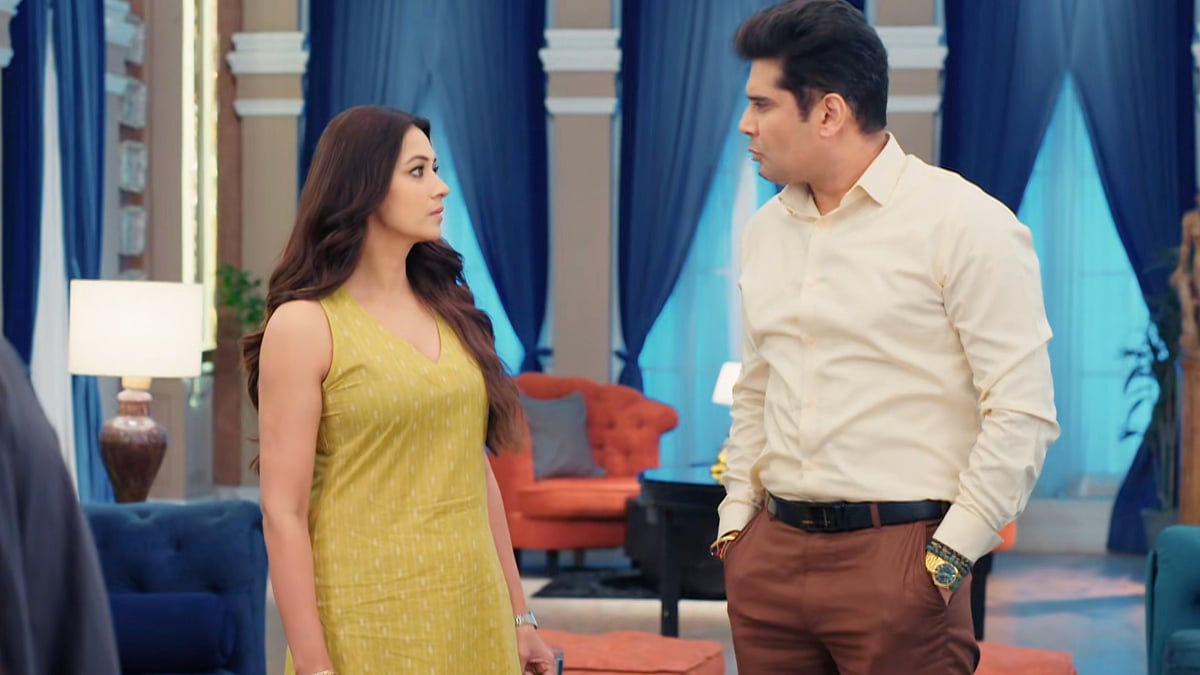Ogo maa tomai dekhe dekhe, aankhi na phire (My dear mother(land), my eyes cannot have their fill of you)
My first childhood memory is of my father, who was a proficient vocalist, singing this Tagore song in his sonorous voice. Sounds of Tagore’s songs rippled through my growing years and brought me to adulthood. I took this gift of my parents for granted, turning around the melodies without much thought, till the first flush of rebellious youth abated and maturity set in. Then, suddenly those songs, like seeds awaiting the touch of rain, sprouted and overwhelmed me with their joy, peace, sparkle, and sense of spiritual elevation.
Mamo chitte niti nritye ke je naache (My heart keeps dancing to some faraway, unknown rhythm), which was just a dance number because of its lively rhythm revealed its deep philosophical message, imaging the dualities of human existence – sorrows and joys, good and bad, bondage and liberation, life and death as a cosmic dance, and locating human joy in aligning our lives with this cosmic rhythm and celebrating this cycle.
Bipade morey rokhkha karo he nahe more prarthona, bipade ami na jeno kori bhay (I pray not to be saved by you when I am in danger, but that I am not filled with fear) a song I crooned more because of its picturisation on Suchitra Sen in the Uttam Kumar-starrer Bengali film Alo Amar Alo gathered new heft and rose to my lips in moments of crisis.
Perhaps, Robindro Shongeet (Rabindra Sangeet; the body of approximately 2,500 songs written and composed by Tagore) is one of the easiest ways to access the philosophy of this poet, who gave India its national anthem Jana gana mana. The songs written in Bengali language – and available in translation in many Indian languages besides English – enthrall by their beauty, loftiness, intensity and above all, by their inbuilt inspirational messages – which is what keeps these songs relevant even today. Besides, the songs have the barest of cultural references and are thus completely relatable, dwelling on relationships between humans and the universe, nature, other humans, and God.

Tagore was aptly addressed as Gurudev – one who shows the path – the path to anondo or happiness. Subtly, sometimes overtly, and always with marquee aesthetic grace, the poet exhorts us in his songs, to look at life, especially its downsides, and our struggles – in new, positive ways – in the firm conviction that we humans have the power to transform the harshest of reality by our approach to the same. Attitude determines everything.
Even loss of love is viewed as a positive, a means to experience one’s love in a new form, and savour that joy. Tomai natun kore pabo bole harai khane khan, O mor bhalobashar dhan (I lose you again and again so that I can get you back in a new way, oh my great love). And death, that ultimate blow, as a deep sleep. Tomar kachhe e bar maagi, maran hote jeno jaagi gaaner shurey (I pray that I may wake up from death to the sound of a new melody). And to face the darkest of life’s ordeals, the poet issues to the weary soul the hard, searing edict – Ekla chalore (Walk alone, should no one join you on your call.) Jodi tor daak shune keu na aashe tabe ekla chalo re. My favourite stanza from the song: Jodi aalo na dhore orey orey o obhaga Jodi jhor badole aandhar raate duyar dey ghore Tobe bojranole, buker paajor jwalie niye ekla jolo re. (If on a pitch-dark, stormy, rainy night the door of your house gives way, And if you are plunged in darkness and unable to light a lamp, o unfortunate one, Then ignite your own ribs taking light from the lightning in the sky, And create light, Burn and still walk your way.)
Positivity, energy, peace, beauty and bliss – Robindro shongeet yields all these and more. Tagore elevates every human emotion, be it pain of unrequited love, grief of bereavement, compassion for unfortunate, love for the motherland, anxieties about the future, etc., to lofty heights so that his songs cannot fail to ennoble the reader/listener. In these noisy, crammed times, when the mind is often jammed with horrific images of unfolding realities in the world apart from our daily mundane individual trials, Robindro Shongeet serves as balm for its many acolytes.

Also, Tagore’s musical compositions soothe frayed nerves, as surely as the sight of forest lakes and mist-covered mountains. Basing himself on his deep learning of various Indian musical traditions, both classical and folk, and exposure to western music, Tagore evolved a distinctive style, a flavour that colours every song he composed, be it a zingy patriotic song like Naiy naiy bhay or a lilting romantic song like Shedin dujone dulechinu bone (on which is based the popular Hindi film song Tere mere milan ki yeh raina).
Today I find myself compulsively seeking Tagore for anodyne, tapping into YouTube to discover new Tagore songs, sung by different contemporary artistes like Shreya Ghosal, Shaan and Babul Supriyo, and rummaging the Net for meaning of the lyrics.
Is Tagore only for the Bengali-speaking populace? I think not. Even in my childhood, my father would celebrate Tagore’s birth anniversary in our house with singers who had picked up Bengali to understand Tagore like Nalini Madgaonkar, who has been running Robindro Shongeet classes for over three decades now. And Tushar Bhatia, music composer and sitar player, who regularly conducts Robindro Shongeet programmes, literally lives and breathes Tagore.
Says Tushar, “I was deep into ghazals when I encountered Tagore. Ghazals depressed me while every Tagore song emitted positivity. So many of his songs are straight talks with God like Tumi rabe nirabe, hridaye mamo (You will always be with me silently, in my heart); most, celebrations of human existence like Mono mor megher shongi (My mind is a friends of the clouds). Nature, human emotions and the divine all merge in Tagore. I loved the sound of Robindro shongeet even when I did not understand the lyrics. Understanding has only enhanced my joy in singing Tagore. For Tagore, music was the ultimate. As the line Nishidin aalok shikha joluk gaane from his prayer song Aguner parashmoni conveys – Make me a lamp in your temple, and may this lamp burn through flames of songs. It’s my earnest wish and endeavor today to take Tagore to audiences, so that they may know a little bit of the joy that I derive from Robindro Shongeet.”
I realise today that in teaching me to sing Tagore, my father was actually handing me the key to the house of joy.











